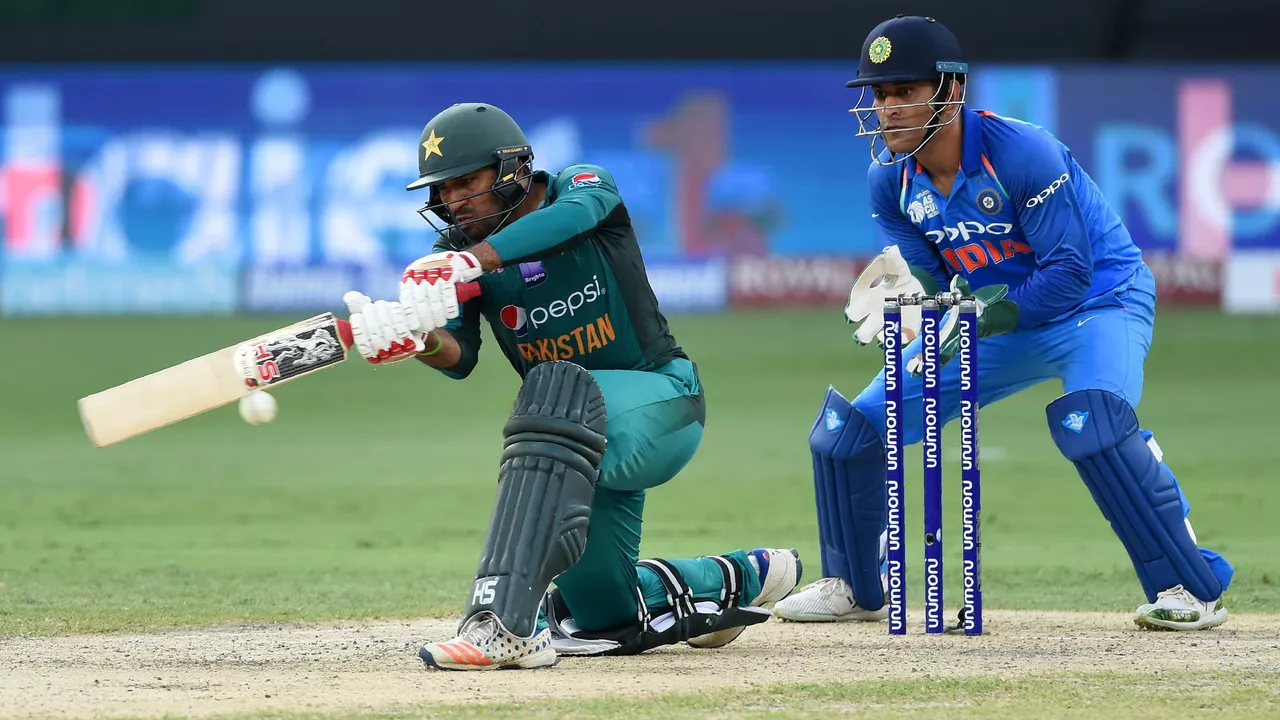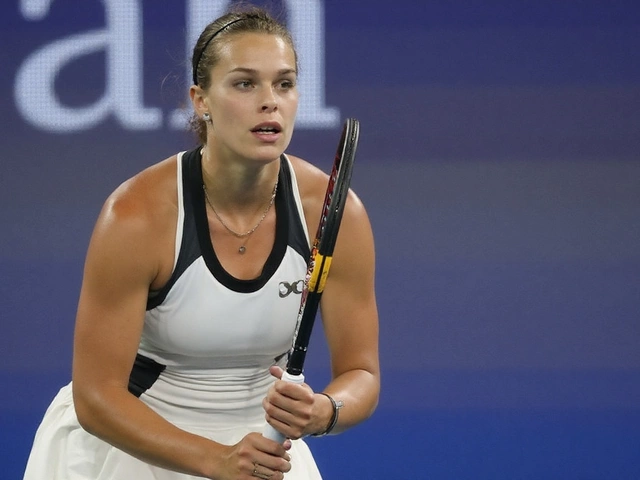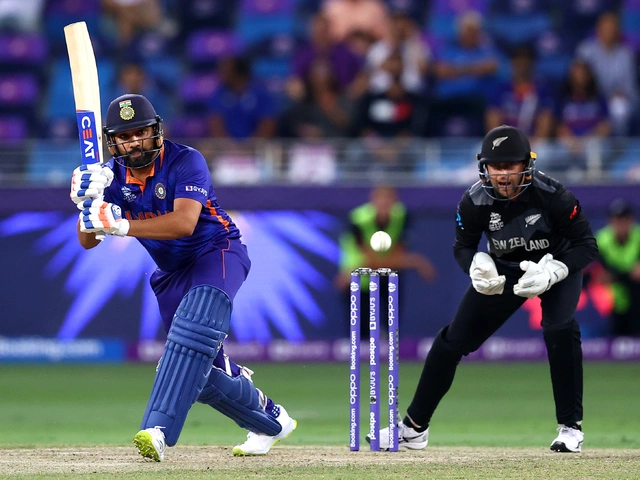The Structure of Sports Governance in India
India is a nation that is passionate about cricket. However, the control of cricket in India is not in the hands of the government like other sectors. This is primarily because sports governance in India works a little differently. The government does oversee sports at a broader level, but the execution, management, and operations of different sports, including cricket, are vested in the hands of autonomous bodies.
These independent bodies are responsible for the promotion, development, and regulation of their respective sports. In the case of cricket, this body is the Board of Control for Cricket in India (BCCI). So, even though the government has a say in sports matters, the primary control is not in its hands. It is these independent bodies that make the key decisions regarding their respective sports.
The Role of the Board of Control for Cricket in India (BCCI)
The BCCI is the richest cricket board in the world and it holds the reins of cricket in India. Founded in December 1928, the BCCI is a consortium of state cricket associations. The BCCI is responsible for the promotion and management of cricket activities in the country.
It organizes cricket matches, manages players’ contracts, and looks after the financial aspects of cricket in India. It also represents India in the International Cricket Council (ICC). The government does not interfere in the functioning of the BCCI unless there is a major issue at hand that requires intervention.
The Autonomy of Sports Bodies
Sports bodies in India, like the BCCI, enjoy significant autonomy in their functioning. This autonomy is essential to ensure that there is no political interference in sports. The operation of sports bodies is based on a democratic set-up, where office-bearers are elected by member associations.
These sports bodies are governed by their respective constitutions and bylaws, and the government does not have any direct control over their functioning, decision-making, or governance structure. Autonomy allows these bodies to make independent decisions that are in the best interests of the sport.
Why is Autonomy Important?
Autonomy is important because it allows sports bodies to function independently, without any political interference. This independence allows for a fair and democratic functioning, where decisions are made in the best interest of the sport and not influenced by political or governmental agendas.
Moreover, the autonomy of sports bodies is recognized and respected by international sports bodies. For instance, the International Olympic Committee (IOC) and the International Cricket Council (ICC) emphasize the importance of autonomy for the smooth functioning of sports bodies.
Government's Role in Sports
While the government does not control cricket or other sports directly, it does play an important role in the overall development and promotion of sports in India. The government provides funding, infrastructure, training facilities, and other support to sports bodies and athletes.
It also frames policies and regulations for sports and works towards creating a conducive environment for sports. However, the day-to-day operations, decision-making, and management of sports are left to the respective sports bodies.
The Legal Status of BCCI
The BCCI operates as a not-for-profit organization under the Tamil Nadu Societies Registration Act. It enjoys certain tax exemptions given its status as a promoter of the sport of cricket. However, it is not a government body and operates independently.
Its legal status as a private entity allows it to function autonomously, without any direct control or interference from the government. However, there have been debates and discussions about bringing BCCI under the ambit of the Right to Information Act given its significant role in cricket management in India.
The Issue of Transparency and Accountability
While the autonomy of sports bodies is important, it has also raised questions about transparency and accountability. The BCCI has often been criticized for its opaque functioning and lack of accountability.
To address these issues, the Supreme Court of India appointed the Lodha Committee in 2015 to suggest reforms in the functioning of the BCCI. The committee made several recommendations to ensure greater transparency and accountability within the BCCI.
Conclusion: Balancing Autonomy and Accountability
While it might seem unusual that cricket in India is not under direct government control, it's important to understand the reasons behind this structure. Autonomy allows sports bodies to function independently without political interference, ensuring decisions are made in the best interest of the sport.
However, this autonomy should not come at the cost of transparency and accountability. It's imperative that sports bodies like the BCCI are held accountable for their decisions and actions. Thus, a balance needs to be struck between autonomy and accountability in sports governance.
Future Outlook
Going forward, it's crucial that the governance of cricket in India evolves to ensure greater transparency and accountability, while maintaining its autonomy. The government and sports bodies should work together to create a conducive environment for the growth and development of sports in the country.
At the same time, sports bodies should take proactive steps to improve their functioning and governance, and make their operations more transparent and accountable to the public. This will not only enhance the credibility and reputation of these bodies but also contribute to the overall development of sports in India.





